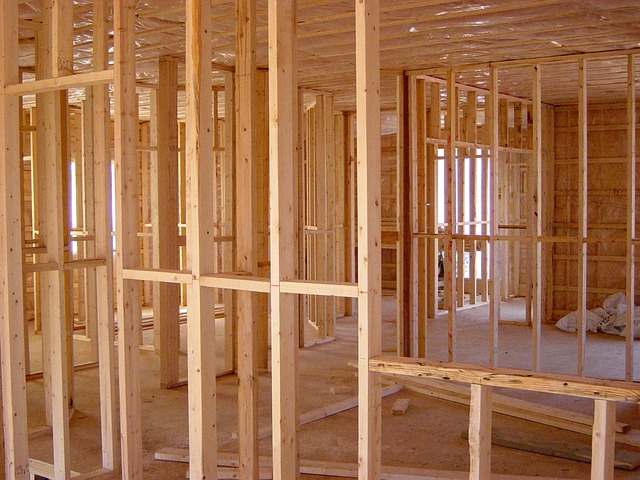Home renovations can be exhilarating and transformative, breathing new life into your living space and increasing the value of your home. Whether you’re planning a small makeover or a complete overhaul, a successful home renovation requires meticulous planning and execution. To help you achieve the desired results while staying within your budget and timeline, this comprehensive checklist outlines six essential steps to guide you through the process.
1. Define Your Renovation Goals and Budget
The first and most crucial step in any home renovation is clearly defining your goals. What do you want to achieve with your renovation? Are you looking to enhance the functionality of your space, increase energy efficiency, or simply update the aesthetics? Create a list of your renovation priorities and must-haves. Once you’ve established your goals, it’s time to set a realistic budget. Consider how much you will invest in your project, considering unforeseen expenses and potential overruns. The awarded custom home builders behind the Ernst Brothers suggest allocating a contingency fund of 10-20% of your total budget to cover unexpected costs during the renovation. This contingency fund is an essential safety net that can provide peace of mind and financial flexibility as your renovation project unfolds.
2. Research and Plan Your Project
Thorough research and planning are crucial to a successful renovation. Begin by gathering inspiration and ideas from magazines, websites, and social media platforms like Pinterest and Houzz. Create a vision board to help you visualize the look and feel you want to achieve. Next, develop a detailed project plan that includes a timeline, a list of required permits, and a breakdown of tasks. Consider whether you’ll be hiring a general contractor or overseeing the project yourself. If you work with a contractor, obtain multiple quotes and check their references to ensure they are reputable and experienced.
3. Obtain Necessary Permits and Permissions
Depending on the scope of your renovation, you may need various permits and permissions from your local government or homeowners’ association. These permits include building permits, zoning approvals, and environmental assessments. Acquiring the necessary licenses avoids costly delays and legal complications. Check with your local authorities to determine the specific requirements for your project. Be prepared to submit detailed plans and pay any associated fees. Securing all required permits before starting any construction work is essential to avoid potential legal issues.
4. Create a Detailed Renovation Schedule
A well-structured renovation schedule is vital for keeping your project on track and within the established timeline. Work closely with your general contractor or project manager to create a detailed schedule outlining when each renovation phase will be completed. Consider factors like seasonal weather conditions, materials lead times, and potential delays. Regularly review and update your schedule as the project progresses, and communicate any changes or adjustments with your contractor. Effective communication and project management are crucial to avoiding costly delays and ensuring your renovation stays on track.
5. Select Quality Materials and Products
The materials and products you choose for your renovation can significantly impact the outcome and longevity of the project. Invest time researching and selecting high-quality materials aligned with your budget and design goals. Consider factors such as durability, energy efficiency, and maintenance requirements. Obtain quotes from multiple suppliers or vendors to ensure competitive pricing and availability. Keep a detailed record of all materials and products, including specifications, warranties, and delivery schedules. This information will be invaluable during the construction phase, helping prevent mistakes and ensure the project stays on budget.
6. Prepare for the Construction Phase
As you approach the construction phase of your renovation, it’s essential to minimize disruptions and protect your home. If you’re renovating a kitchen or bathroom, set up a temporary one in another part of your home to ensure you can continue your daily routines. Clear the renovation area of all furniture, decor, and personal items to prevent damage or dust contamination. Consider renting a storage unit or using a temporary storage solution if necessary. Discuss security measures with your contractor to safeguard your home and belongings during construction. Additionally, establish clear lines of communication with your contractor and project manager. Regular meetings and updates will help promptly address any issues or concerns, ensuring the project stays on track.

A successful home renovation requires careful planning, meticulous attention to detail, and effective project management. Following this checklist of six essential steps can increase the likelihood of achieving your renovation goals while staying within your budget and timeline. Remember to define your renovation goals and budget, research and plan your project thoroughly, obtain all necessary permits and permissions, create a detailed renovation schedule, select quality materials and products, and prepare for the construction phase. With careful planning and execution, your home renovation can transform your living space into a place that meets your needs and reflects your style.

